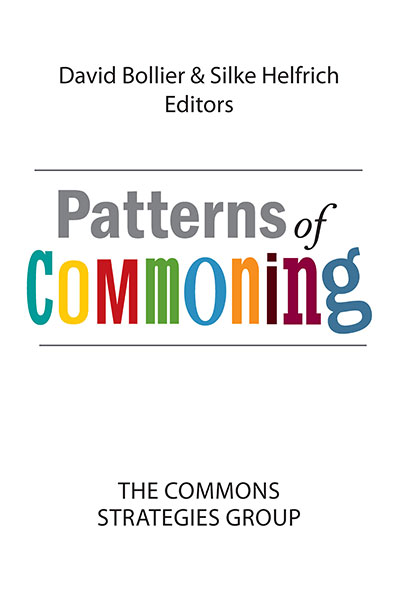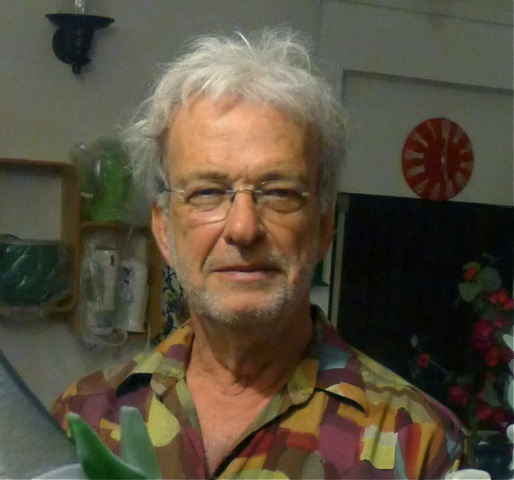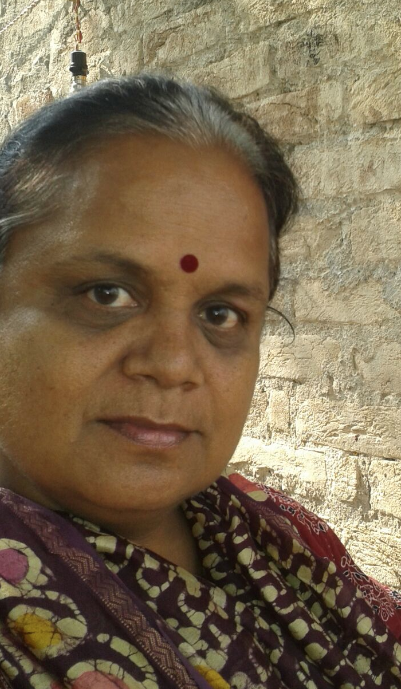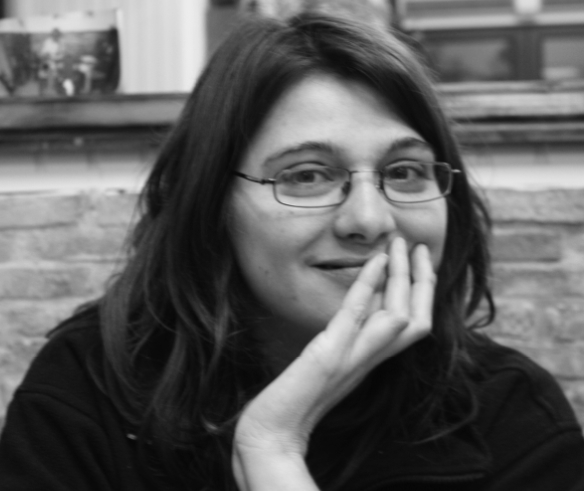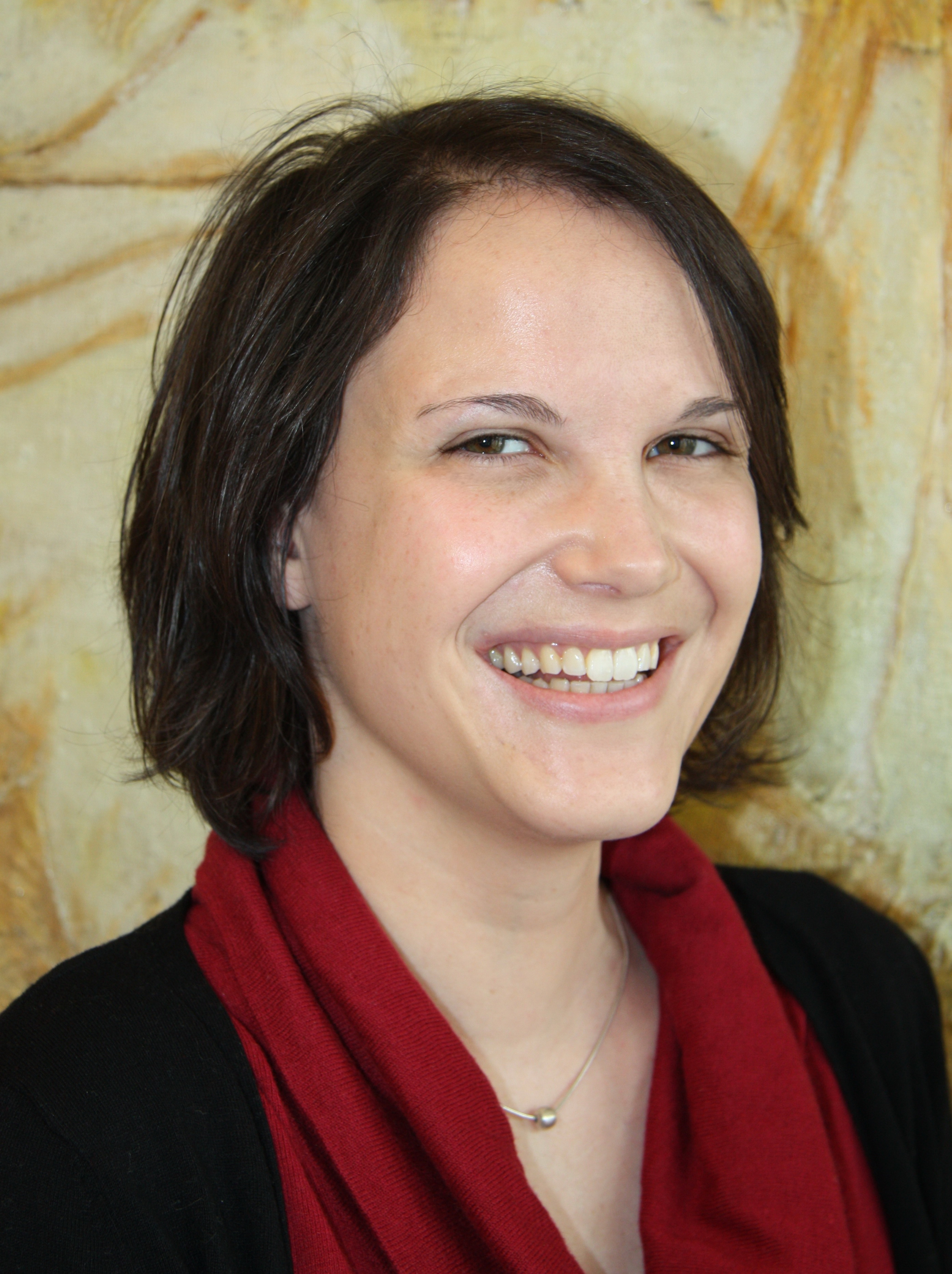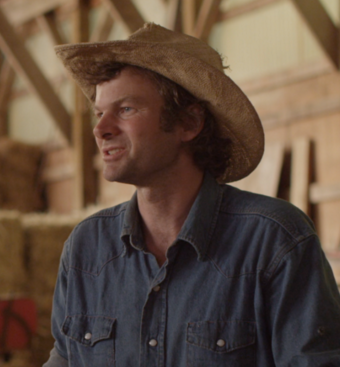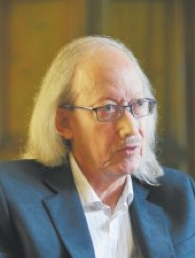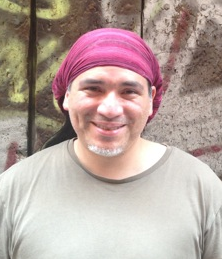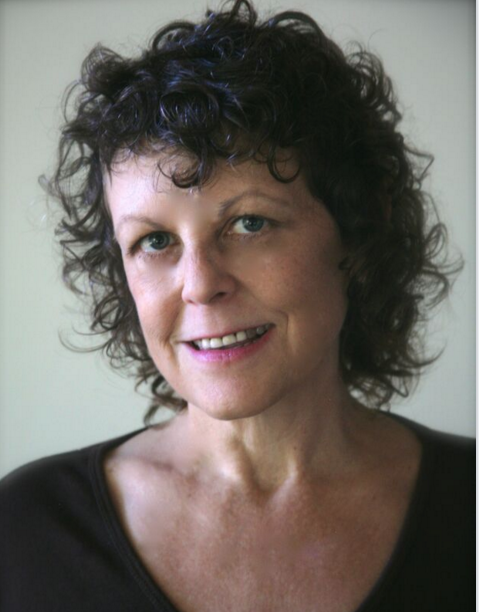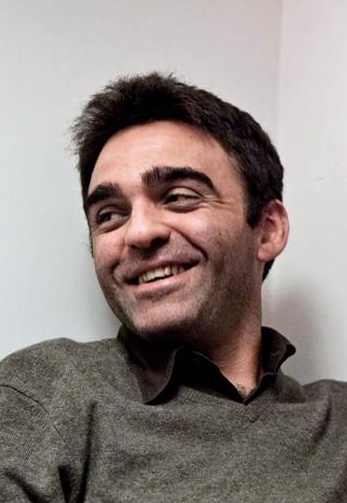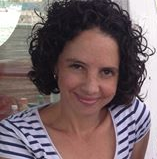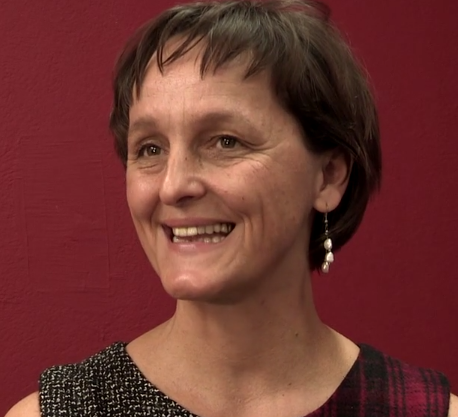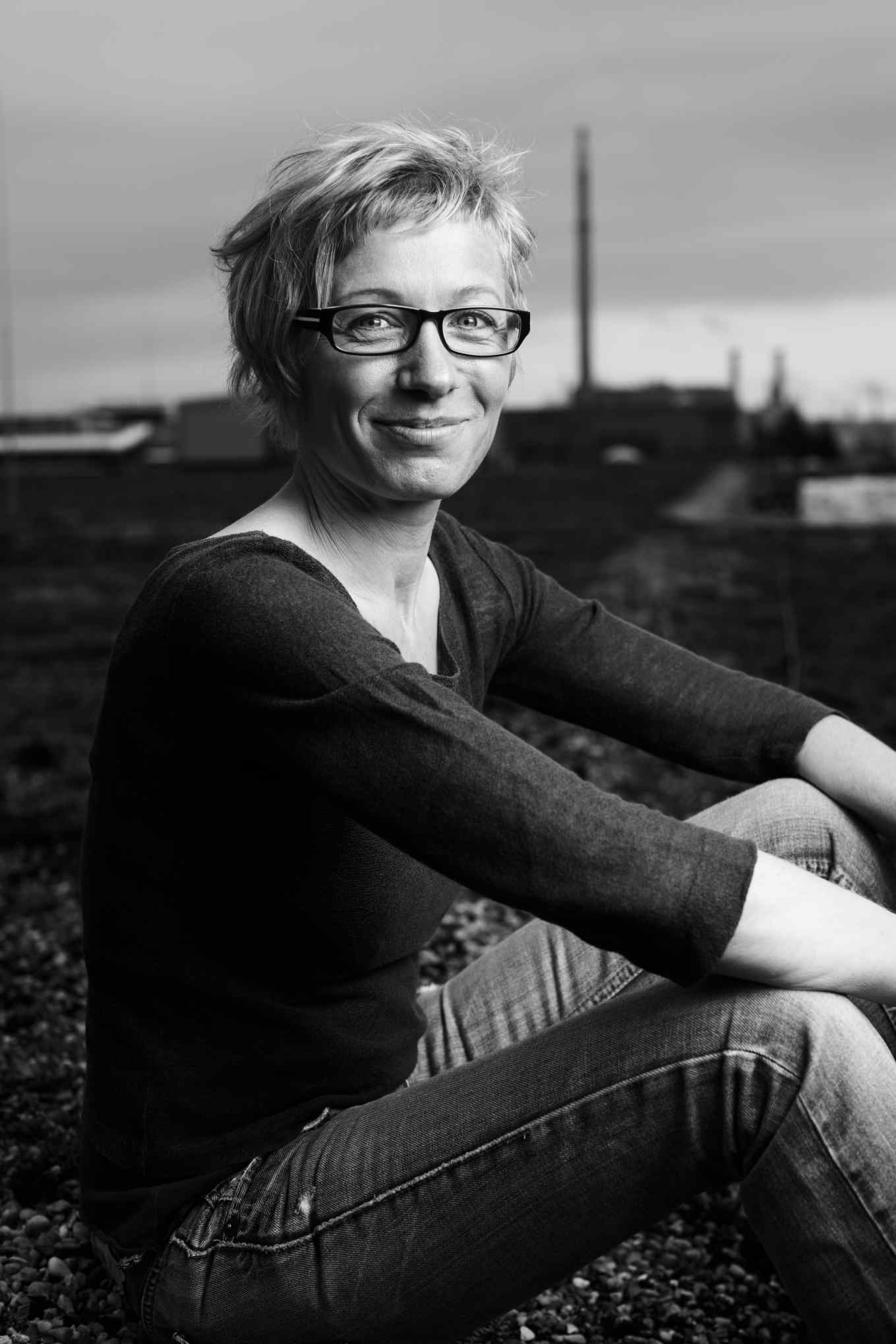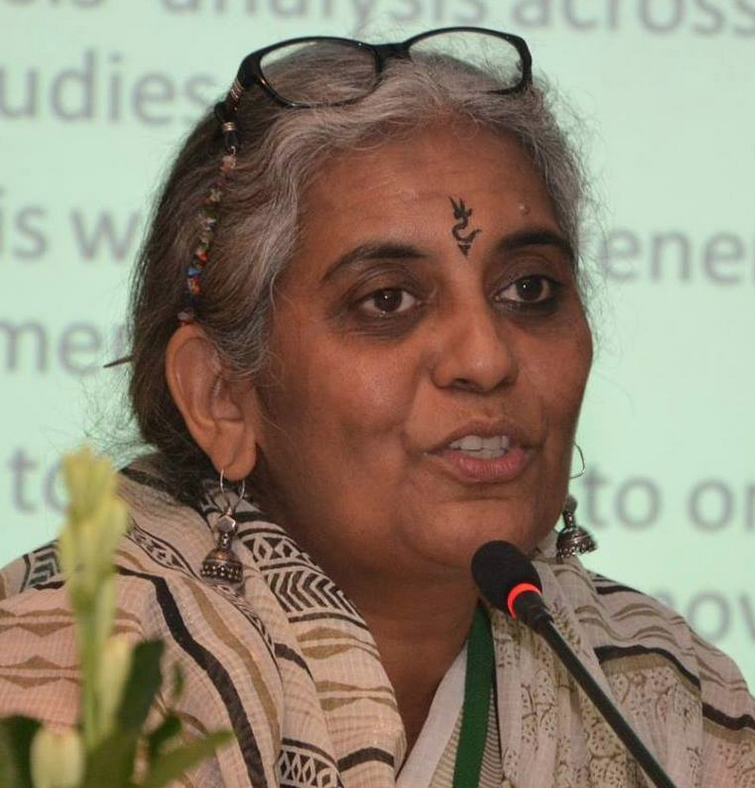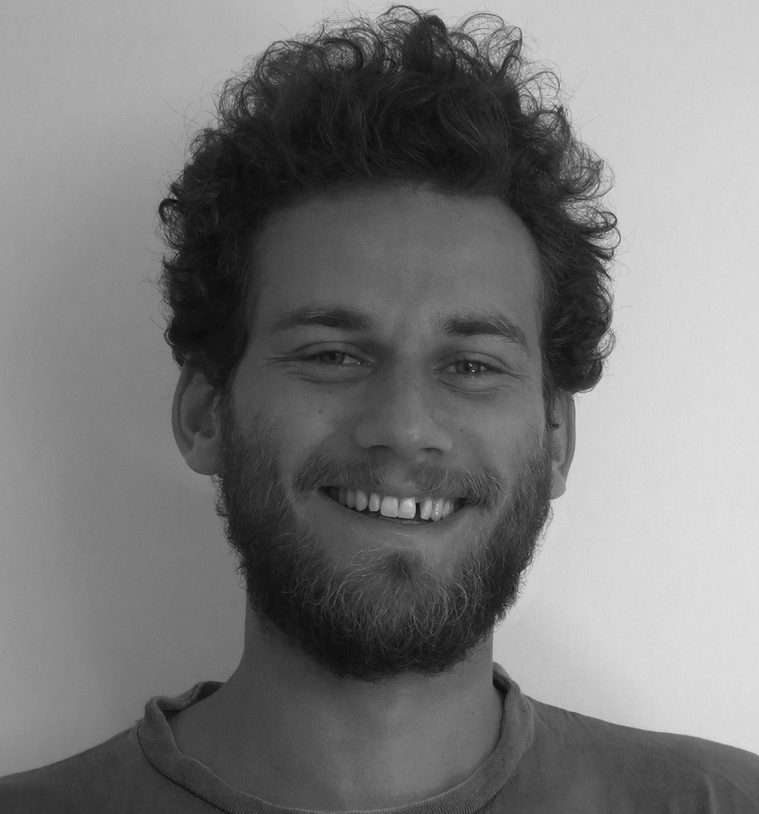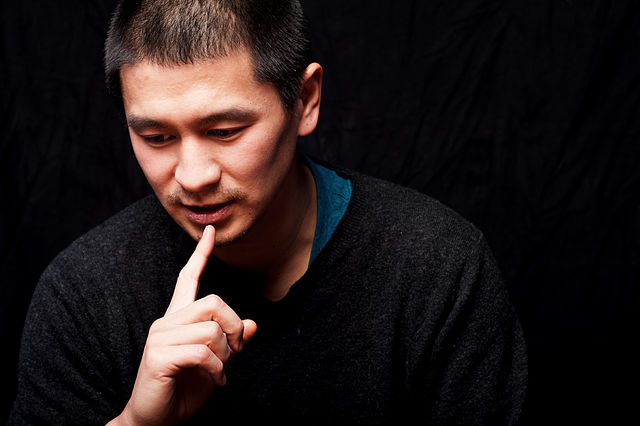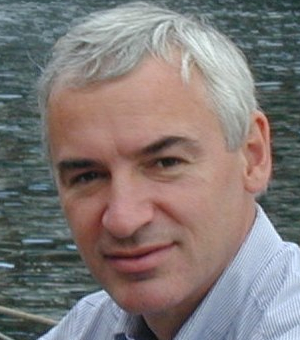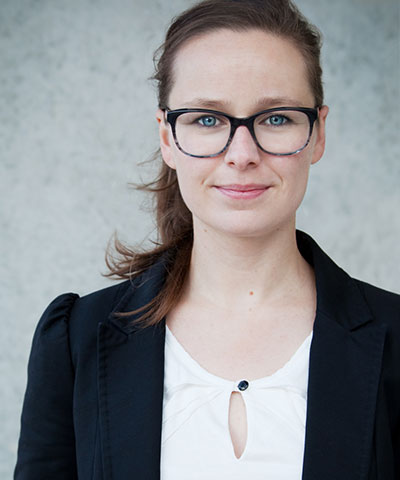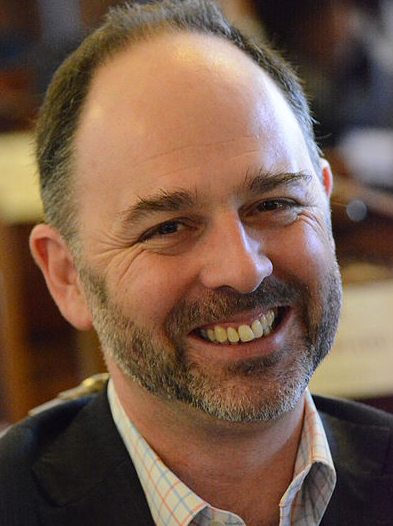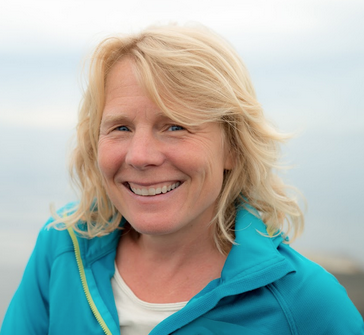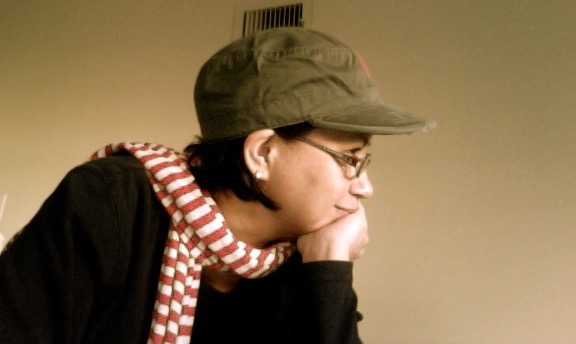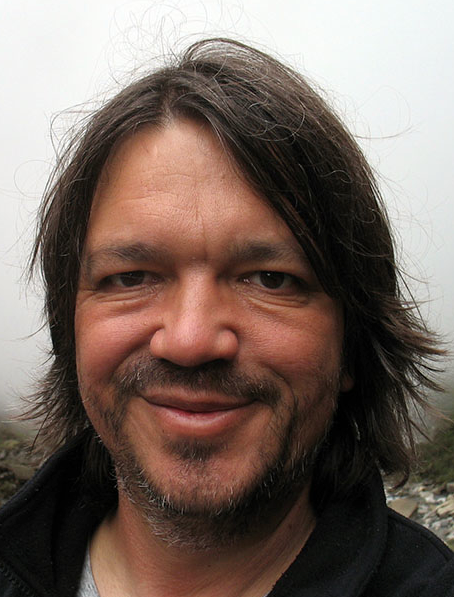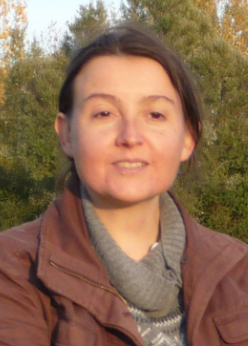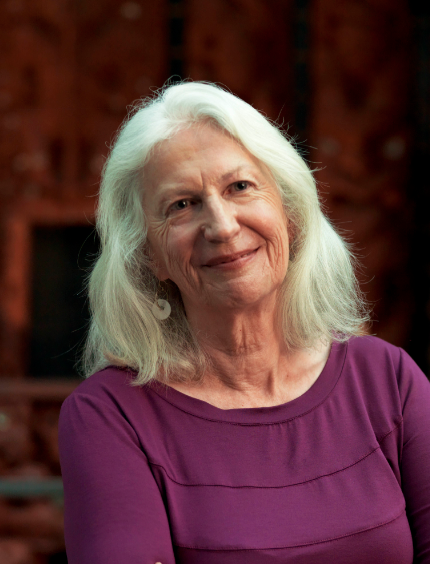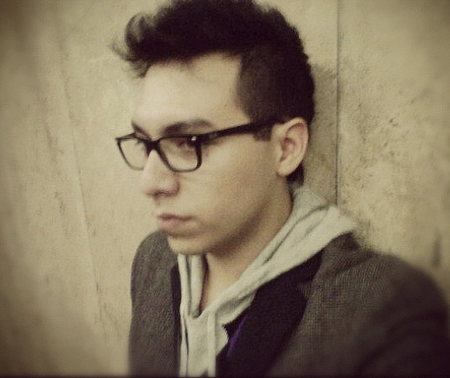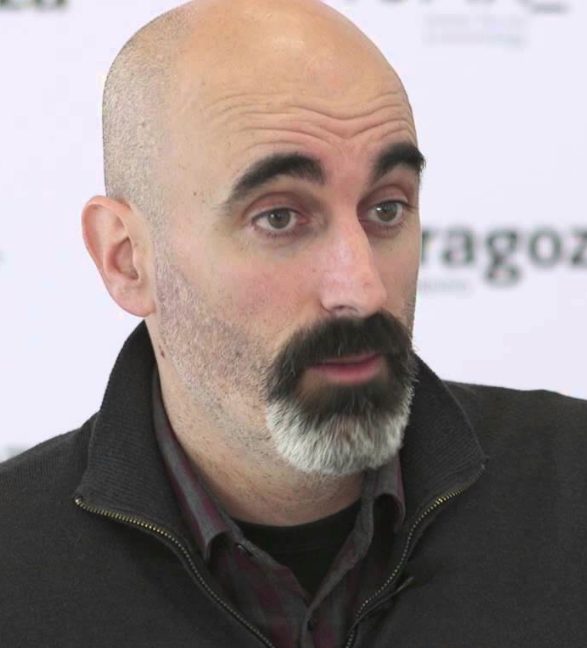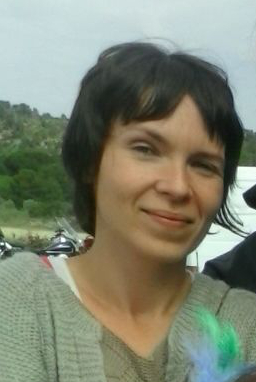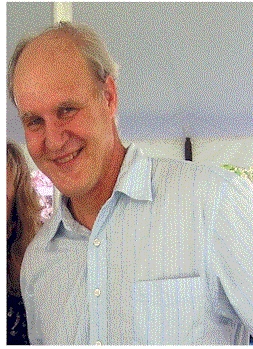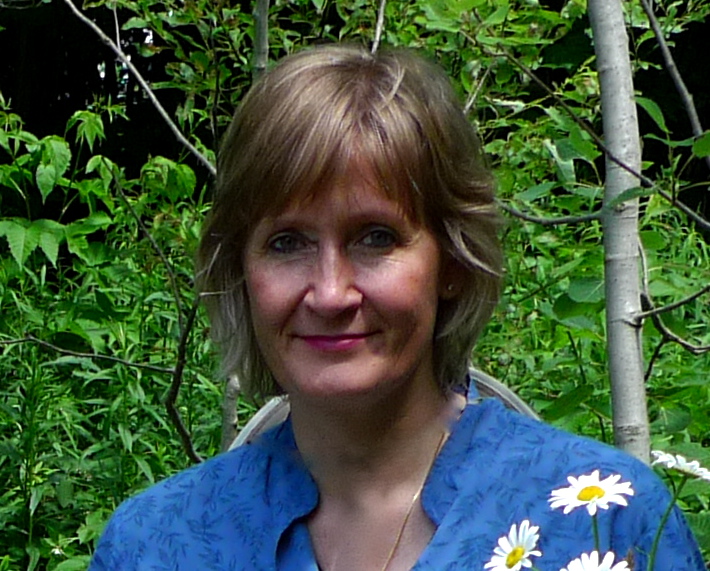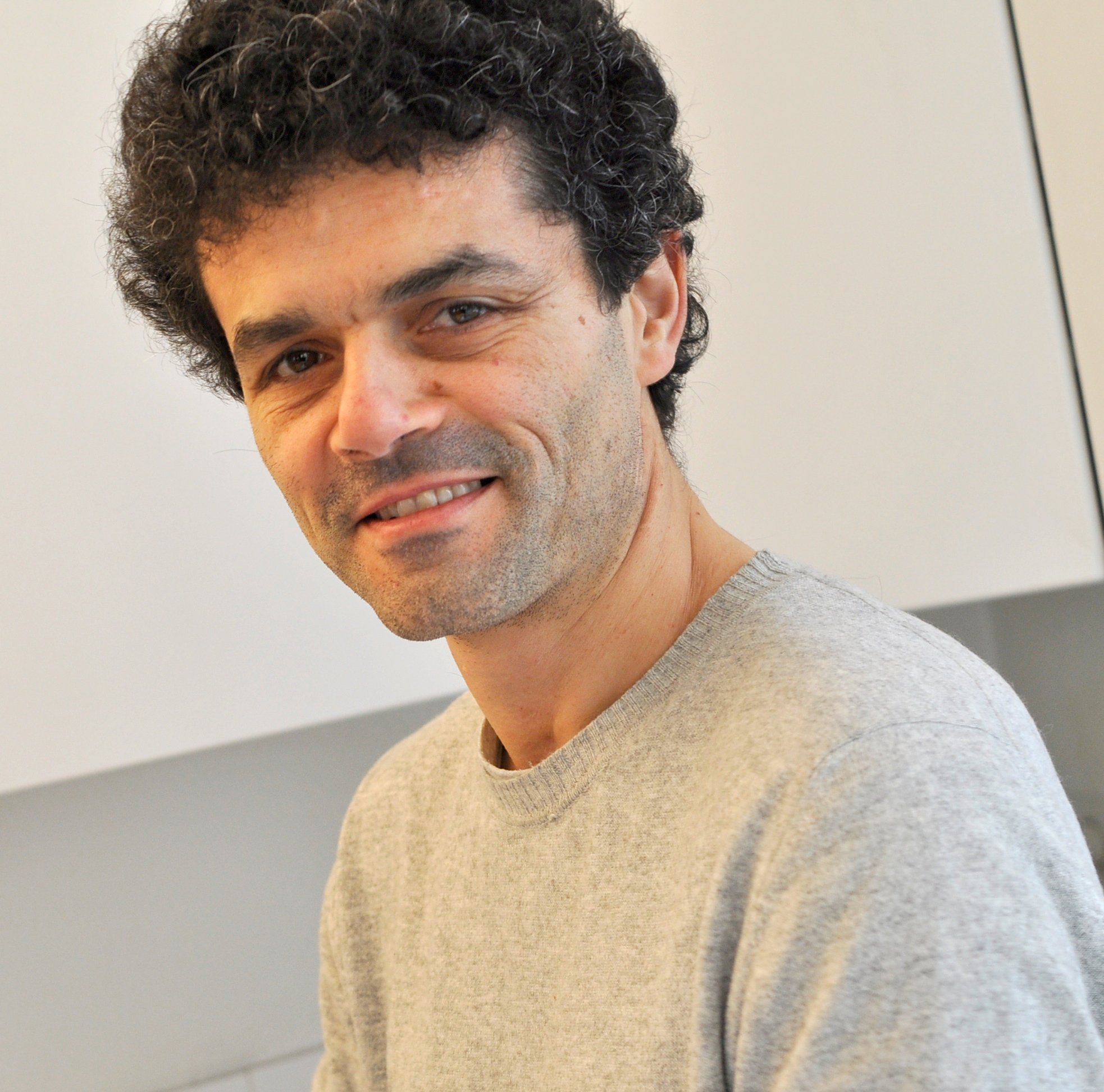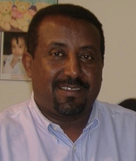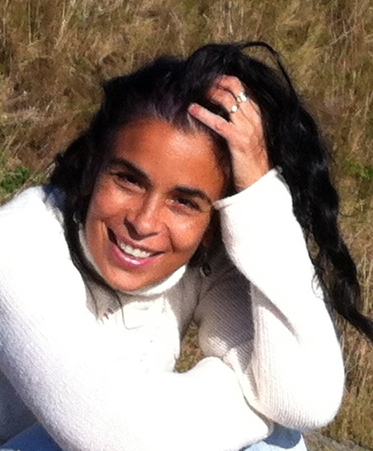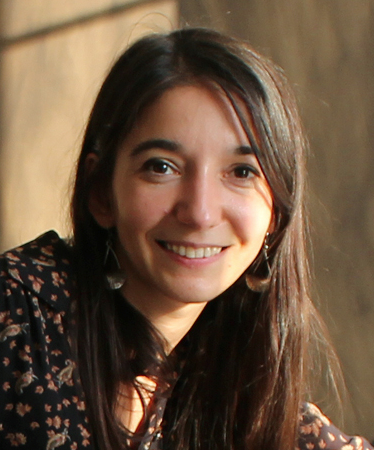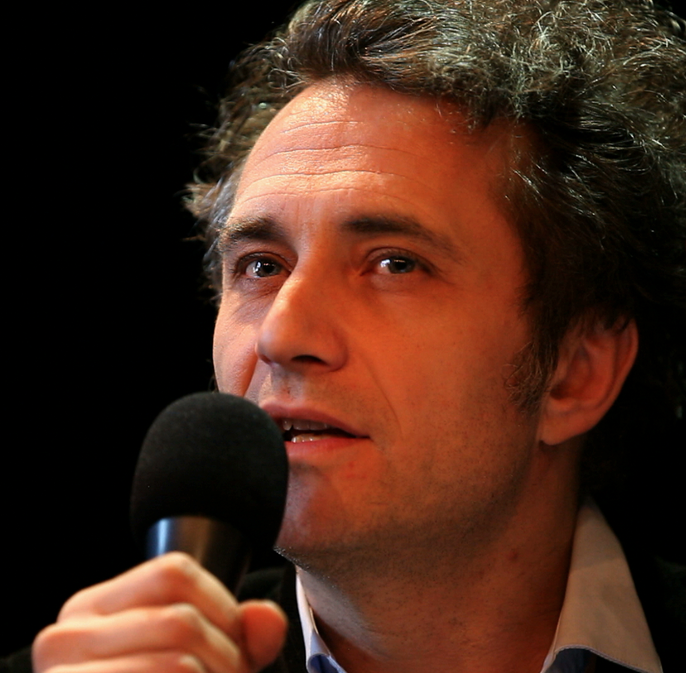Alain Ambrosi (Canada) is a designer and producer of intercultural projects, independent researcher, author, videographer and producer of the Remix The Commons Project.
Patterns of
COMMONING
How the Bangla-Pesa Tapped the Value of an Informal Community
Interview with Will Ruddick
People usually don’t realize that money is an invention that works only because a community stands behind it, willing to use it in exchanges for goods and services. Most currencies are creatures of national governments that manage and back them. But what if a poorer community created its own currency to foster social exchange? That’s what happened in the informal settlement, or slum, known as Bangladesh in the town of Mombasa on the Kenyan coast.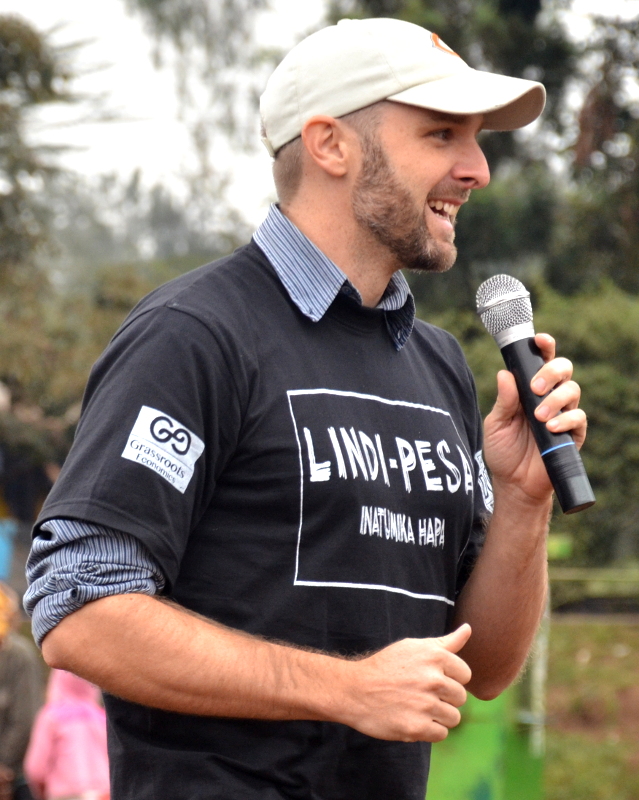
With the help of Will Ruddick, a community development specialist in Kenya since 2009, dozens of small business owners in Bangladesh agreed to accept a new currency, the Bangla-Pesa, in exchange for fresh produce, bicycle repairs, tutoring, taxi rides and other goods and services. The new commons-based currency has stimulated a big boost in the local economy while helping families that earn little in the formal economy (and thus have few Kenyan shillings) to earn another currency, Bangla-Pesa, which lets them meet their basic needs. Since its launch, over three million shillings of trade have been transacted using the currency. Its success has recently inspired the launch of a similar currency, Gatina-Pesa, for the neighborhood of Gatina, in Nairobi, Kenya’s capital city.
We interviewed Ruddick, the founder of the Bangla-Pesa to learn more about his remarkable experiment in community-based money.
Will, what are the origins of the Bangla-Pesa?
The concept of the Bangla-Pesa is not new. It was first introduced in Kisumu Ndogo, Shauri Yako and Mnazi Mmoja slums in Kongowea. A number of us brought the idea to Bangladesh in March 2013 as a way to strengthen and stabilize the economy of the neighborhood. Bangla-Pesa is an accounting mechanism of reciprocal exchange or mutual-credit system. Members can accept only as much Bangla-Pesa as they can use in one day for local needs, like food and water. No one is allowed to have more than 400 Bangla-Pesa at any one time. In developing these programs, we incorporated a system of guarantors to the currency and a community fund to make the system more secure and sustainable.
How did you get people interested in using Bangla-Pesa?
The majority of people here live in poverty and are unable to meet their basic needs. Therefore, our goal was to use the currency to encourage economic activity, which in turn would help people who don’t earn much conventional money to be able to buy food and other necessities. People were only too happy to participate in such an experiment.
We saw the currency as a tool to let members of the network trade among themselves. The Bangla-Pesa is a business-to-business voucher system that only registered members can participate in. In this sense, the Bangla-Pesa is a complementary currency to official money. Technically it is a credit clearing system for multilateral reciprocal exchange. People outside the trading network like the Bangla-Pesa because it is used to support community activities like clean-ups; they also know that it can be used to buy goods and services at more than 100 shops.
What sort of system did you organize to launch Bangla-Pesa?
We organized more than 200 microenterprises into a community-based organization called the Bangladesh Business Network. Everyone formally registered as a member and agreed to accept the Bangla-Pesa in exchange for whatever they could offer – food products, services, transportation. Each business must agree to back 400 Bangla-Pesa with their goods and services. Each business must also have a group of four members that endorse their membership. Bangla-Pesa serve as vouchers or promissory notes for members’ goods and services.
What was the initial response to the new currency?
People in the neighborhood quickly saw the value of using it. It helped them meet their needs even though they don’t have much “real money.” But state authorities became quite agitated. They feared that the Bangla-Pesa might try to displace or challenge Kenya’s national currency, the shilling. Six of us who had started the currency were arrested by the Changamwe police and put in jail. The police were apparently worried because there are secessionist groups like the Mombasa Republican Council within the area. The government saw the Bangla-Pesa as a threat to it and the national currency.
The six of us were charged with possession of illegal currency papers in late May 2013. All of the businesses in the Bangladesh Business Network were told to stop using the currency. We found it all perplexing. Why should a simple mechanism that helps people self-organize themselves to make ends meet pose a threat to the country’s Central Bank?
So how did you persuade the government that the Bangla-Pesa is not a threat?
We pointed out that the Bangla-Pesa cannot be traded for shilling. They aren’t convertible into each other. We also emphasized that Bangla-Pesa are a trading voucher more than a currency in the strict sense, since its value is pegged to the Kenyan shilling. I think we also convinced the prosecutor that our goal was and is to uplift the living standards of the poorest. Three months after our arrest, in August 2013, the public prosecutor found we had broken no laws and dropped the charges.
What happened next?
The arrests stopped the economic stimulus that Bangla-Pesa had provoked because suddenly no one could use them. But then we re-launched the currency in November 2013 with the backing of the entire community, including local leaders and government officals. Since then, trading in Bangla-Pesa has resumed in a big way.
How does the Bangla-Pesa help people?
Take the case of Maciana Anyango, who is sixty-four. She is a widow and the sole breadwinner and takes care of her disabled seventeen-year-old daughter and a son who trained as a driver but has not secured a job yet. She says, “I used to be without food because we wouldn’t have enough Kenyan shillings. Now I can eat even when I don’t have the real money because I still have the Bangla-Pesa to use.”
Or consider a bicycle operator who has the capacity for twenty customers a day, but in general only has ten. Now he can give rides to those businesses in exchange for goods and services they have in excess, such as a woman who has extra tomatoes to sell. This helps the community weather poor economic periods. There are hundreds of millions of people around the world like this. They have goods and services to offer. So why can’t they create their own means of exchange, backed by what they have and can do?
Is the Bangla-Pesa mostly about business – or are there other reasons that people join?
People join because it’s good for the community. Fredrick Ochieng is an electronics repairman with a family of seven; such larger, extended families are not unusual in African societies. Ochieng says that he wanted to join to help provide for his family and for things for his children, like merry-go-rounds, and to help the community with things like the trash clean-up. And in fact, since starting to use Bangla-Pesa, it has helped him get to know people in the community as he got to know members of the network and they incidentially became new customers, when they have a problem with their phones.
What makes the currency itself different from the national currency, the Kenyan shilling?
Bangla-Pesa’s value is the same as the Kenyan shilling, but is not exchangeable for it. Bangla-Pesa is a voucher that circulates only among the community. And that means that the value generated within the community stays within the community, and does not flow to people outside of the neighborhood. As a result, the Bangla-Pesa, unlike other currencies, does not generate more poverty. Furthermore, unlike the Kenyan shilling, whose value fluctuates with inflation, the vouchers expire after one year. Bangla-Pesa can be renewed with a sticker upon payment in Bangla-Pesa to the community fund. This creates an annual renewal cycle for community service work.
How does the Bangla-Pesa system constitute a commons?
The Bangla-Pesa is managed by a nonprofit organization called KORU, which stands for “Kenyans Organizing Regional Unity,” which I cofounded with Jacky Kowa, a native Kenyan who works on women’s rights and health issues. The group’s members are elected, and it acts as a validator and steward of the currency. KORU addresses any disagreements that may come up among members.
The Bangla-Pesa is a symbol and instrument for community wealth because it is backed by the common pool of goods and services of the members of the network. The value of the currency is the sum total of the teaching of a teacher, the tomatoes raised by the farmers, the rides given on a motorcycle, and so on. Not more. Not less. So the vouchers represent that community wealth. The vouchers are also a way for people to improve the community. Once accepted into the Network, 200 Bangla-Pesa of the 400 allocated to a business are kept for community service work, such as trash pickup. Members vote on which types of community service work to fund.
Bangla-Pesa have helped created a commons by catalyzing new connections and cooperation among people. Rose Akiny runs a maize mill where she grinds maize to flour, a business that helps her care for her sister’s family after her sister passed away. She said, “I found friends who were doing business using Bangla-Pesa, and they backed me and then I backed them. Now I go to their businesses to buy maize, rice and beans, and they come to grind at my mill. I follow other members who have the Bangla-Pesa and learn where to purchase goods. It’s is also easy to find people because the members’ shops are marked.”
How have Bangla-Pesa improved the situations of families and the overall well-being of the Bangladesh community?
The community now trades the equivalent of roughly 100 euros daily using Bangla-Pesa in addition to its usage of Kenyan shillings. A survey on the impact of the program found that about 83 percent of participants saw an increase in their total sales as a result of the vouchers. Bangla-Pesa represent an average increase of 22 percent of total daily sales over a baseline level, compared to no increase in sales using Kenyan shillings. This implies that Bangla Pesa are responsible for that extra 22 percent in economic activity, which might not have materialized without the program.
Women especially benefit from Bangla-Pesa because 75 percent of the small businesses in Bangladesh have women owners. Bangla-Pesa have also made all of its users less dependent on the formal economy and the volatility of markets.
Among many commoners, the dominance of money and market mechanisms in mediating people’s relationships is usually seen as very controversial. Obviously there are many ways for people to meet their needs and help each other. How important do you think that a currency, or means of exchange, is for improving people’s livelihoods in the settlements that you work with?
It is really important to recognize how people fall into poverty when playing the game of capitalism and the reasons why poverty exists in the first place. Perhaps if we see poverty as manufactured through the control of resources by an elite minority, we can also see how the control of money might itself be a key tool of the elite.
Certainly the people in Bangladesh and Mombasa more generally are “poor” due to lack of education, corruption and lack of jobs. But this is not why poverty exists in the first place. There is a nearly unlimited demand for goods and services, including education, and there is a nearly unlimited supply of people who could provide them. What’s missing is a means of exchange between demand and supply. Sadly this needed means of exchange is usually only available as national currency, which is typically controlled by for-profit institutions, banks, whose goal is to benefit by increasing the debt of others.
If communities could instead control their own means of exchange, they could make exchange work for their own purposes. They could lower their dependency on Kenyan shilling by using Bangla-Pesa when possible. Bangla-Pesa creates a buffer for the community that helps it keep life going even during the worst economic periods.
Thank you.
